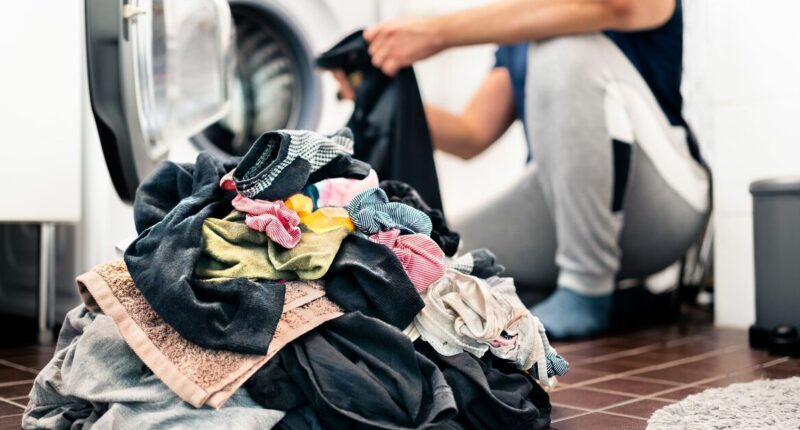Share this @internewscast.com
Most people don’t often consider it, but your underwear drawer might be hiding a hygiene issue. Recent research indicates that many Brits keep their underwear for years beyond its prime, with experts cautioning that this habit could lead to increased risks of infections, skin irritation, and other health problems.
A survey by lingerie brand Pour Moi revealed that the average oldest pair of underwear in UK drawers is about two years and seven months old. Alarming, more than 16% of adults admit to wearing underwear that’s over five years old. Pharmacist Ana Carolina Goncalves warns that wearing old underwear can create an environment where bacteria and yeast thrive. As fabric ages, its fibres break down, making it tougher to eliminate microbes even after laundering. This build-up, she notes, may cause issues like thrush, skin irritation, bacterial vaginosis, and urinary tract infections (UTIs).
“Bacteria can start growing on underwear shortly after it’s worn,” Goncalves explains. “Tight underwear, extended wear, or high activity levels elevate this risk, especially for those predisposed to producing more bacteria due to their genetics or lifestyle.”
The research also uncovered a concerning habit: nearly 29% of Brits confess to wearing the same underwear multiple times without washing. This translates to over 13.8 million adults donning not-so-fresh underwear at any moment.
Goncalves advises against re-wearing underwear without washing, as it allows bacteria to multiply. “Never wear underwear for more than one day without washing it; wearing it longer can increase microbial build-up and infection risk,” she emphasizes.
Additionally, wash routines can affect hygiene. Some bacteria survive if clothes are laundered at low temperatures, particularly below 30°C. While using detergent and washing after each wear helps remove most microbes, experts suggest occasional hot washes when fabric permits.
Despite 79% of people admitting that some of their underwear is showing signs of wear and tear, only 31% actually consider those items to be damaged.
According to lingerie specialist Emma Woodrow from Pour Moi, many of us are simply reluctant to let go of our favourite pairs, even when the signs are obvious.
“If your pants are losing shape, feel less supportive, or are starting to look faded or marked, it’s probably time to replace them,” Woodrow says.
She adds that regular checks are key – particularly for the pairs you wear most often – and recommends refreshing your most-worn underwear every 6–12 months, depending on how frequently they’re used and what activities you wear them for.
















